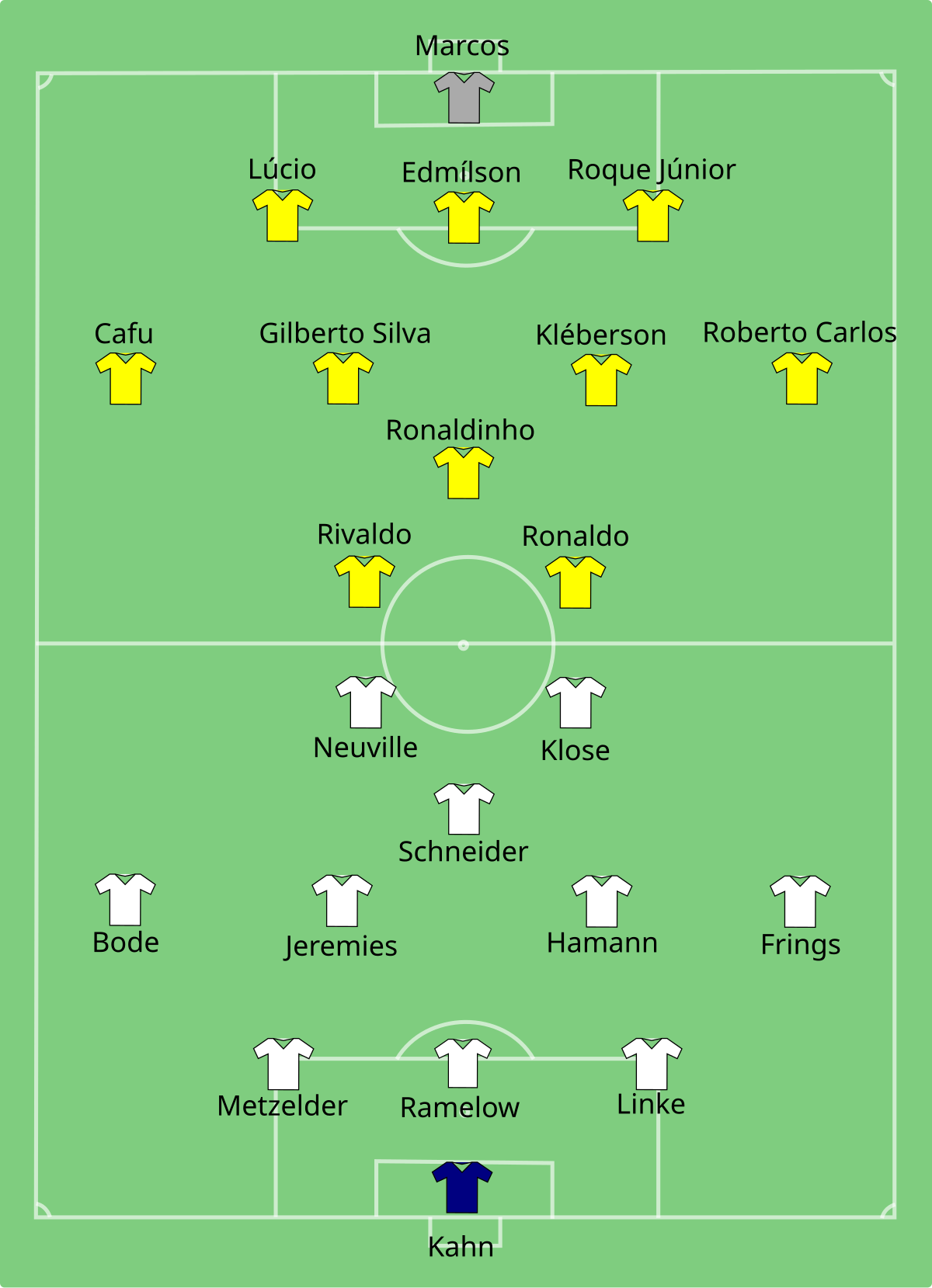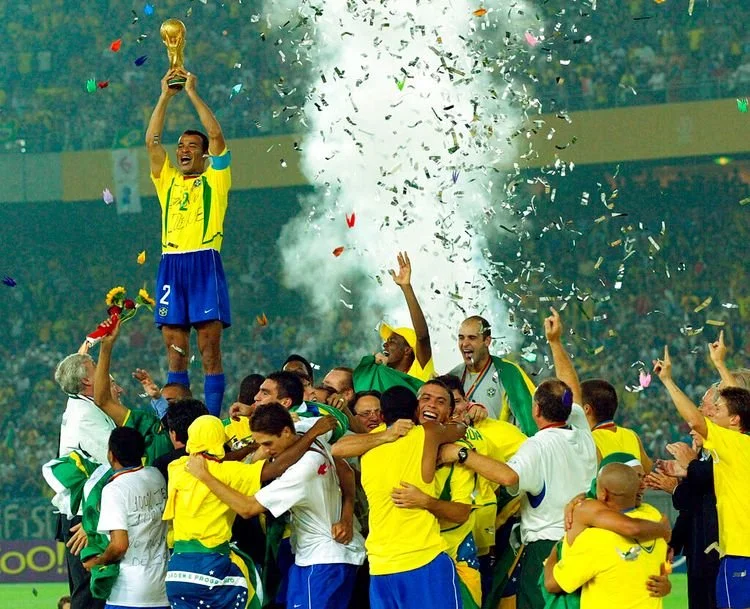My First World Cup Final
7:00 a.m. on a Saturday morning usually means blissful sleep for any 11-year-old. But on this Saturday, I was woken up by my father, who simply said:
“El final del Mundial.”
And then he walked away.
Even in my foggy, adolescent mind, I could tell by his tone that this was important. I jumped out of bed and headed to the family room, where my father and grandmother were already intently watching the 2002 FIFA World Cup Final. It was the culmination of the biggest sporting event on the planet. My dad sat locked in, eyes fixed on our 40-inch TV — the kind that weighed 200 pounds. My grandmother watched on, entertained more by my dad’s complete absorption than by the game itself.
I remember the warm sunlight pouring into the family room, the Spanish commentary from Univision filling the air, and the smell of coffee brewing in the kitchen. These memories — which I can still hear, smell, and see — marked an inflection point in my life. That morning, I realized soccer wasn’t just a game. It was an anchor. Something that would shape how I saw myself and the world.
At the time, I had no idea that 1.1 billion people were watching along with us. But I could feel it — this was different from any other sporting moment I’d experienced.
What followed was an infatuation with a sport that transcends countries, languages, and race. Soccer became a middle ground I could share with nearly anyone I met in my travels. It sparked conversations, built friendships, and opened doors I never expected. More personally, it became a lens through which I began to better understand my Peruvian roots — and the broader South American identity that runs through my family.
I look back on that early June morning with such reverence. A rare and beautiful memory with my grandmother, who has since passed. And a glimpse of my usually stoic father — suddenly captivated by the screen, smiling like a child.
That Final
The 2002 World Cup Final brought together two giants: Brazil and Germany.
Germany, placed in Group E, showed their strength early — securing two wins and a draw to top their group. They edged Paraguay in the Round of 16, held off a determined U.S. side in the quarterfinals, and ended South Korea’s dream run in the semis (we’ll dive deeper into their tournament in another post).
Brazil, meanwhile, delivered a masterclass in Group C, winning all three matches. They brushed aside Belgium, edged past England in a tense quarterfinal, and beat a strong Turkish side in the semis.
By the time the final came around, Brazil’s starting XI read like a footballing dream. Ronaldo and Rivaldo led the line, with Ronaldinho pulling the strings just behind them. And it was Ronaldo who broke the deadlock — pouncing on a rare mistake by German keeper Oliver Kahn, who had only conceded one goal all tournament. Rivaldo’s shot was fumbled, and Ronaldo tapped in with ice in his veins.
That’s the thing about soccer: it mirrors life. It can be cruel. Even the best — even the most seasoned professionals — are capable of human error.
My father’s joy was contagious. The Brazilians celebrated, and our family room echoed with applause. My lifelong admiration for Brazil started that morning — passed down from my dad like a family heirloom. I was in awe of Ronaldinho’s glue-like touch, Kleberson’s vision, and Rivaldo’s intelligence. When Rivaldo dummied the ball perfectly into Ronaldo’s path for his second goal, I was hooked for life.
Brazil soaked in their moment. I soaked in the magnitude of it all.
What This Blog Is About
While this blog will certainly feature match analysis and tactics, it’s about much more than that. I want to explore how soccer intersects with culture, memory, history, and even geopolitics.
At its core, this blog is about how soccer is more than a game.
It’s life.

